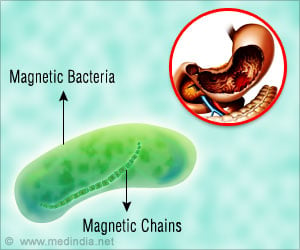Microbes residing within the guts of our ancestors had helped them thrive and evolve into more stable and resilient populations, a new study has revealed.
Microbes residing within the guts of our ancestors had helped them thrive and evolve into more stable and resilient populations, a new study has revealed. It found that the good health of the ancestors helped them handle environmental changes and the natural disasters that they encountered. On further studies, researchers created a mathematical model to simulate an ancient hunter-gatherer population, to look at the microbiome’s effects on people as they age.
During the study, Martin Blaser, microbiologist at New York University’s Langone Medical Center, noticed that the stomach bacteria Helicobacter pylori could live symbiotically in people’s guts for decades, without causing them any harm. But it could also cause stomach ulcers and stomach cancer – a risk that grows with age.
The study revealed that Helicobacter pylori, the stomach bacteria, may live in the guts of people for decades without causing any harm. But, in this case, there is always the risk of stomach ulcers and stomach cancers.
Martin Blaser, a microbiologist at New York University’s Langone Medical Center, who is a part of the research group, says in a LiveScience report, ‘I began thinking that a real symbiont is an organism that keeps you alive when you are young and kills you when you are old. That is not particularly good for you, but it’s good for the species.’ Their calculation suggests that bacteria may have evolved to target the older people in the population.
The report said that these bacteria might possibly help reduce the elderly people count in a population, thereby allowing the children to get a greater share of food and resources. According to the paper that was published in the journal mBio, these bacteria may be the reason behind the extremely lengthy childhood that humans experience when compared to other animals.
Source-Medindia
















